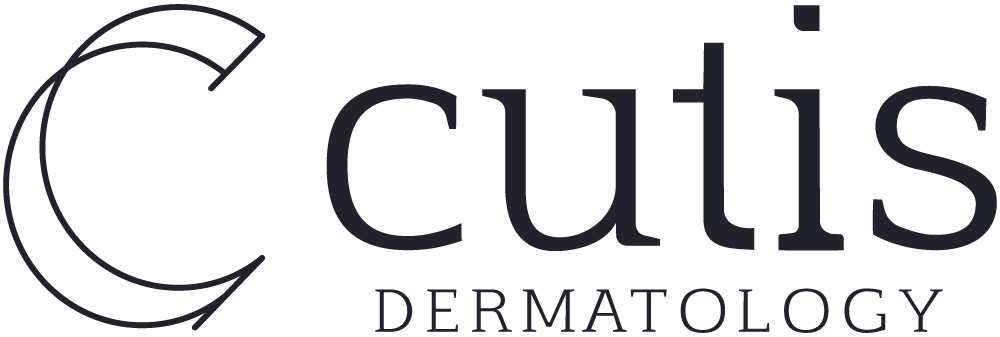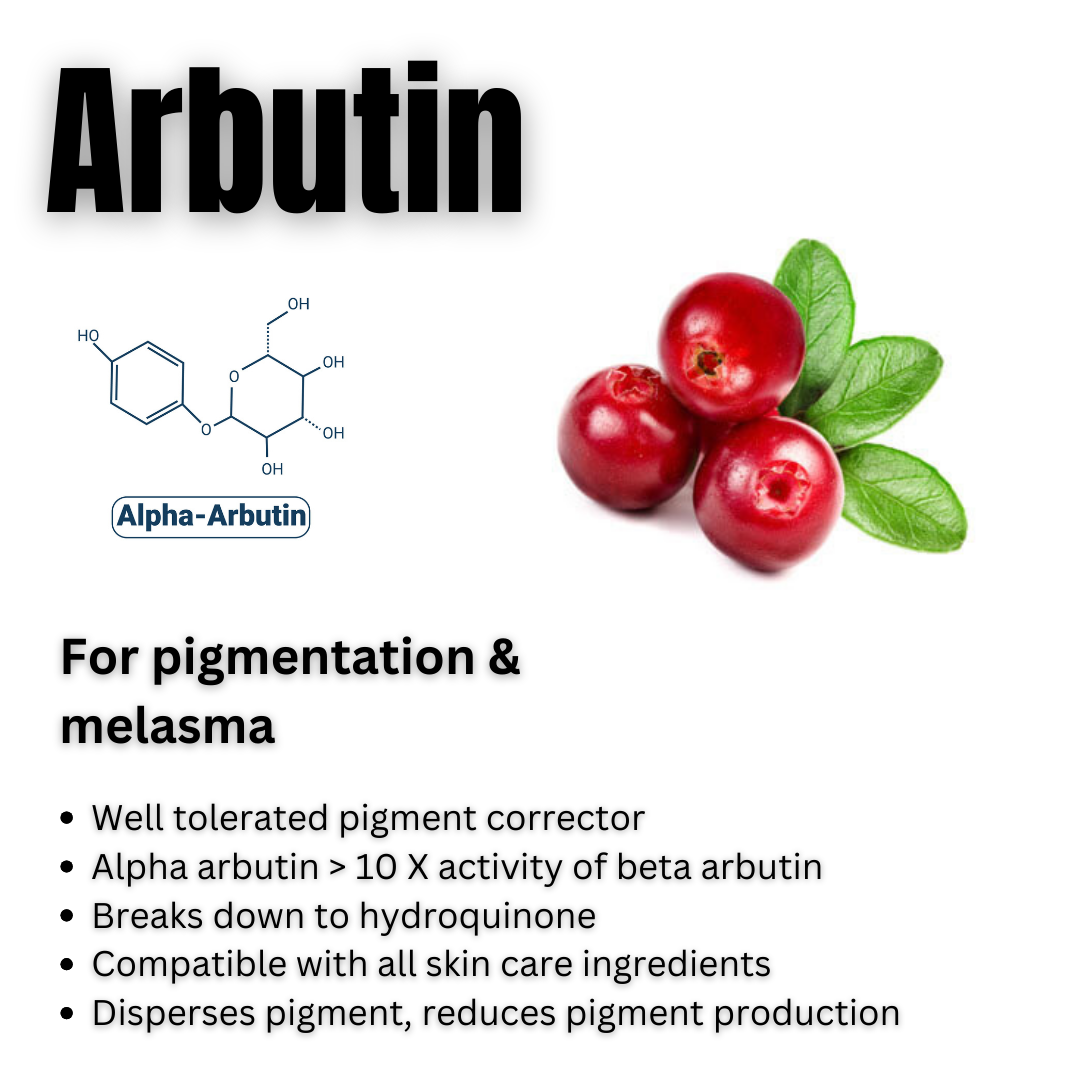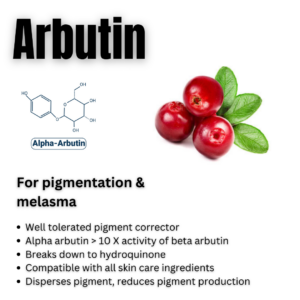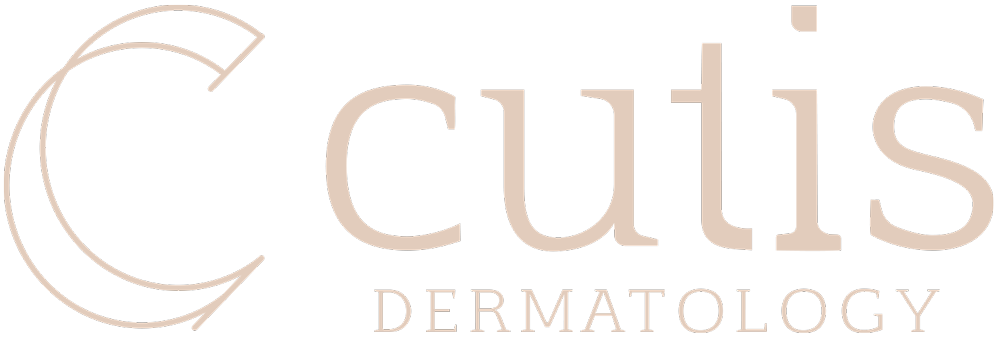Skin Care – Natural Approach
Natural Skin Care key points:
- Explore natural options like fruit peels and light energy, distinct from clinical dermatology.
- Prioritize lifestyle changes, salicylic acid, and natural supplements before seeking professional advice.
- Utilize natural depigmenting agents such as arbutin and skin-friendly acids.
- Topical Vitamin C serves as an antioxidant, pigment inhibitor, and collagen enhancer.
- Prescription retinoids like Tretinoin offer potent solutions for acne, collagen, and pigmentation.
- Natural remedies gain mainstream acceptance; naturopathic consultation recommended before dermatologist visit.
How can I naturally approach anti-ageing?
For enthusiasts of naturopathic skincare, consulting a dermatologist should be the last resort. Why? Because dermatologists primarily rely on clinical medicine, employing drugs like dermal fillers, Botox, and various chemicals such as Hydroquinone, Corticosteroids, and Chemotherapy. Their focus is on achieving results efficiently and safely, often using injectables. If you prefer a natural anti-aging regimen without injectables, options are limited to fruit peels and light energy.Alpha hydroxy acid (AHA) peels, including glycolic acid (from sugarcane), lactic acid (from milk), citric acid (from fruits), and mandelic acid (from almonds), are natural alternatives. AHA peels can address pigmentation, sun damage, and mild wrinkles, often referred to as ‘lunch time peels’ and administered every few weeks to months. Additionally, incorporating vitamin C and natural antioxidants like green tea, ginkgo, and ginseng can safeguard the skin from UV rays. To determine the best approach for your skin, consider scheduling an appointment with clinical nurses or dermal therapists at @cutis_dermatology.
How to address acne using natural methods?
Before consulting a medical dermatologist, consider these simple tips. Dermatologists often prescribe evidence-based medicine, but there’s overlap with naturopathic remedies for acne. Over-the-counter strategies include dietary and lifestyle modifications, as well as simple face washing and makeup tips. Reduce sugar and dairy intake while increasing vegetables and protein consumption.
Salicylic acid (up to 2%) or fruit acid washes containing lactic and glycolic acids can be effective for face washing. Zinc supplements (60 to 80 mg daily), creams with azelaic acid (10 to 15%), niacinamide (Vitamin B3), tea tree oil, jojoba oil, rosehip oil, and green tea extract are natural options. Sensible sunlight exposure and phototherapy, known as sensible natural phototherapy, can help improve acne.
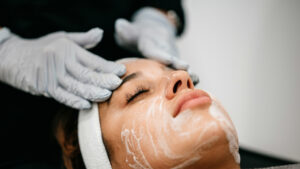
1 Chemical peels Cutis Dermatology Brisbane
Monitor your progress through a diary and photographs, giving natural remedies six weeks before seeking professional advice. Consult holistic practitioners or dieticians if needed, and understand the importance of timely and effective control to minimize the risk of acne scars.
Natural methods to reduce skin pigmentation:
Natural depigmenting agents have gained popularity, and some effective and safe options include:
- Arbutin: Found in bearberries, cranberries, blueberries, and other sources.
- Ascorbic acid (Vitamin C): Present in oranges and citrus fruits.
- Azelaic acid: Naturally found in wheat, barley, and rye.
- Licorice root extract: Inhibits melanin production and found in various creams.
- Green tea: Acts as a potent antioxidant.
- Skin care acids (AHAs): Glycolic acid (sugar cane), citric acid (citrus fruits), mandelic acid (almonds), and lactic acid (milk) improve skin turnover and reduce pigmentation.
- Botanicals: Include berries, soy, green tea, licorice root extract, flavonoids, and citric acid (from citrus fruits).
The usefulness of Vitamin C in skincare:
Vitamin C, or ascorbic acid, offers various benefits in skincare. Topical serums with ascorbic acid can:
- Decrease sun and environmental damage by acting as a potent antioxidant.
- Inhibit pigment production at the melanocyte level, making it useful in treating pigmentation issues.
- Increase dermal collagen, contributing to anti-aging efforts.
How do dermatologists use Vitamin A in practice?
Retinoids, derivatives of Vitamin A, are powerful dermatological drugs. They can reduce acne, stimulate collagen production, and treat pigmentation. Over-the-counter options include retinol, retinyl palmitate, and retinaldehyde, while prescribed options include Accutane, Oratane, Retrieve, Differin, Tretinoin, and Zorac.
Are collagen supplements beneficial?
Oral collagen supplementation is generally harmless and particularly useful for arthritis and joint health. While limited studies support their impact on the skin, the placebo effect accounts for patient satisfaction. Supplementing may not harm the skin, and joint benefits are often observed.
Natural moisturizers:
If you prefer alternatives to petrolatum, options include squalene (from shark liver), glycerin, and hyaluronic acid. Hyaluronic acid is also used as an injectable gel for volume replacement.
Natural sunscreens:
Natural sunscreens can be chemical or physical. Physical sunscreens contain metals like zinc oxide and titanium dioxide. Combining them with oxygen produces nanoparticles. Mud, with an SPF of >1000, is a natural option for sun protection.
The science of naturopathic skincare:
Mainstream dermatologists have increasingly accepted natural skincare remedies over the past decade. Natural ingredients like tea tree oil, argan oil, licorice, and various botanical extracts have gained recognition. However, most dermatologists incorporate these natural ingredients as part of a holistic approach, often using them in conjunction with mainstream treatments such as retinoic acid, corticosteroids, hydroquinone, dermal fillers, and Botox.
Davin’s viewpoint on naturopathic skincare:
Davin suggests seeing a naturopath before a dermatologist for those seeking a completely natural approach. While he acknowledges the importance of natural ingredients, his procedural dermatology practice primarily involves minimally invasive and invasive treatments. Natural ingredients are incorporated as adjunctive therapy, especially during off-cycles of hydroquinone. Davin highlights the blurred line between pure natural medicine and synthetic approaches, questioning the distance from nature considered “unnatural.”
